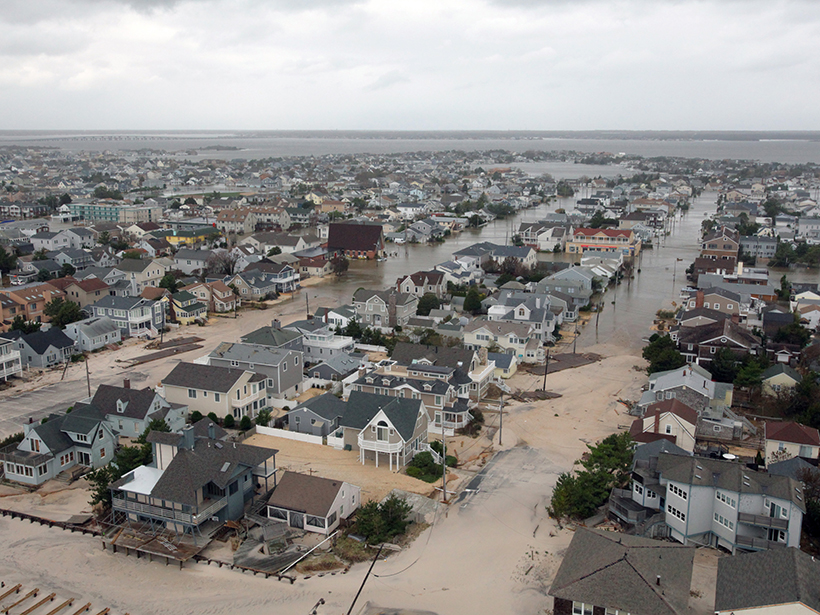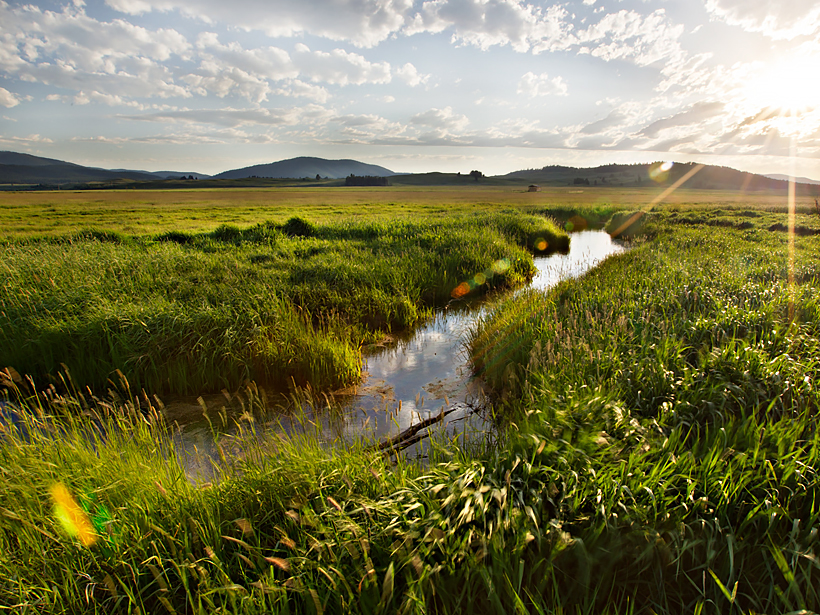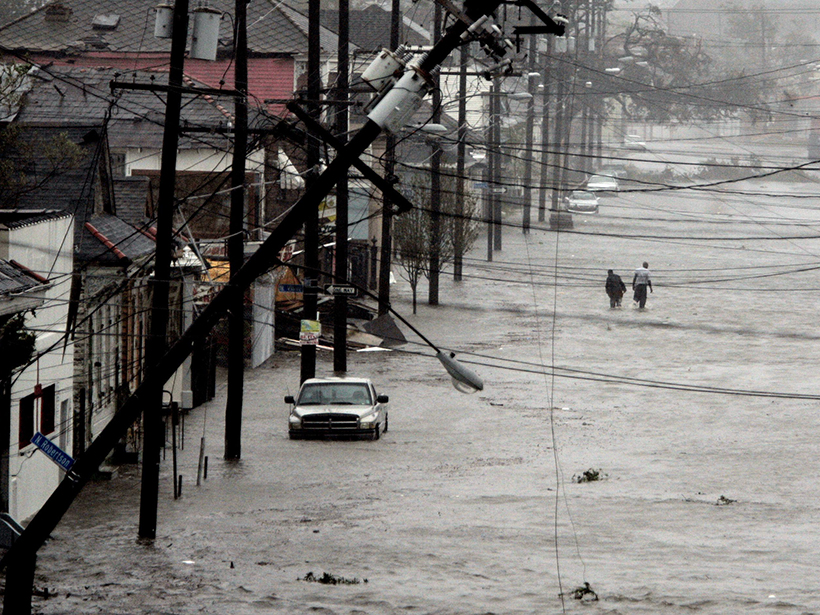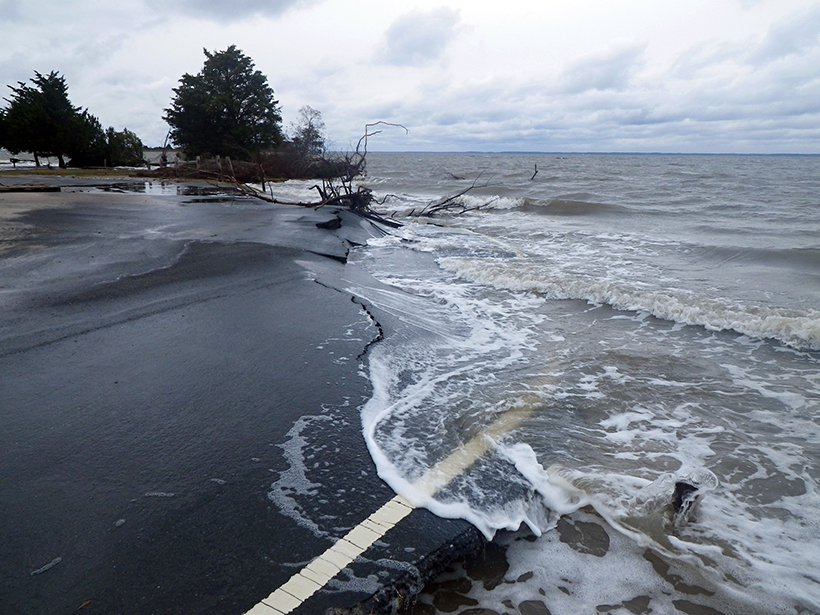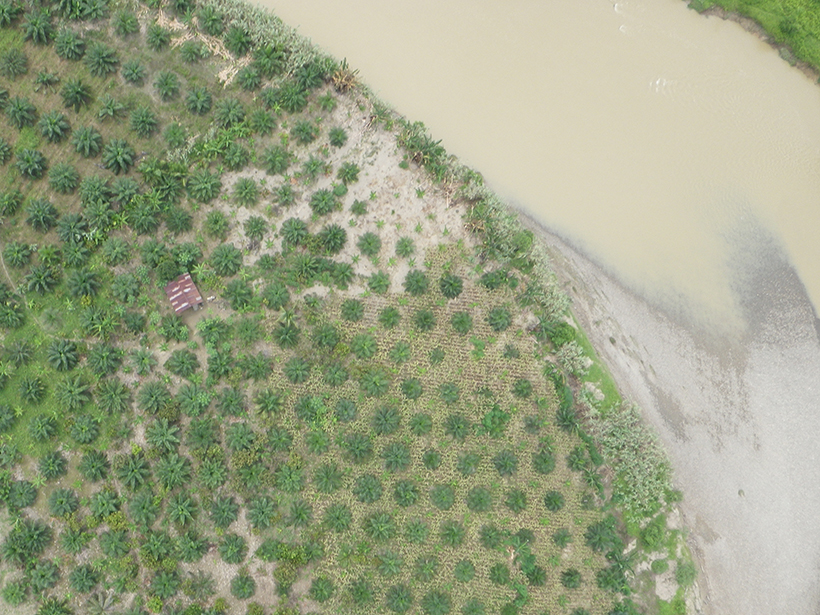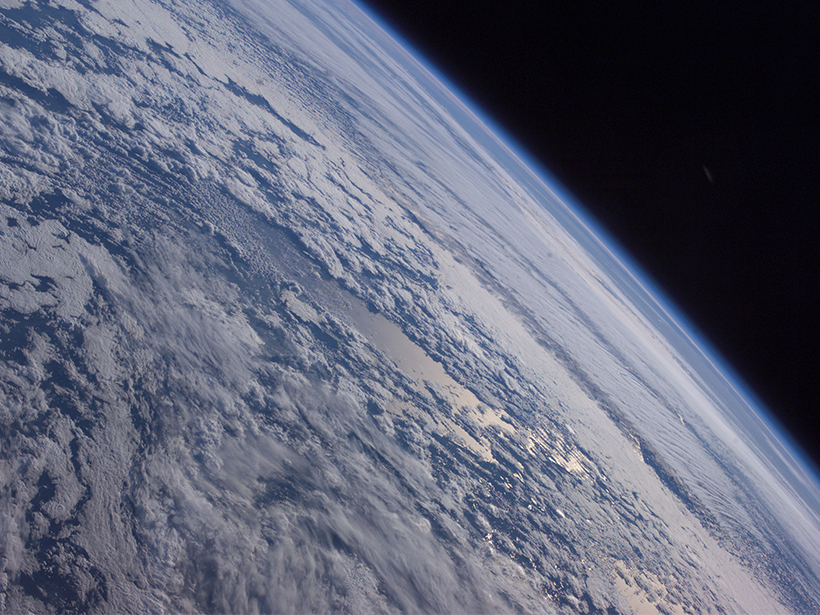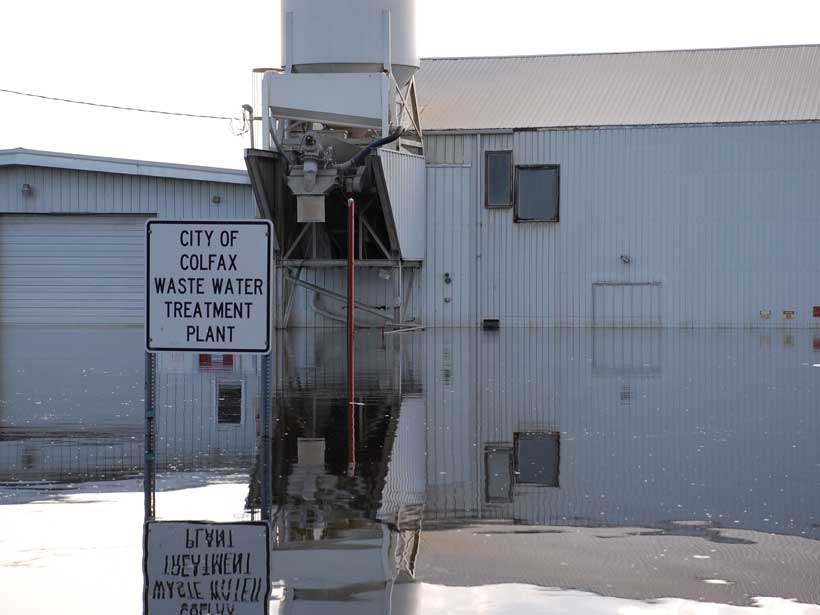Improved transdisciplinary approaches are needed to ensure that research on rising seas is useful for planning in coastal communities.
Earth’s Future
Solving the Global Nitrogen Imbalance
Excess nitrogen causes serious environmental problems, but too little can lead to food insecurity and unrest. A team of researchers proposes a five-pronged solution to our planet’s nitrogen woes.
Mountain Ecosystems and Communities Face Challenges Worldwide
An unprecedented global assessment examines climate, economic, and governance threats to mountain systems and the benefits they provide, suggesting pathways toward sustainability.
As Sea Levels Rise, Expect More Floods
A new study unveils the increasing exposure of coastal communities to minor and extreme floods as sea levels rise.
Meeting User Requirements for Sea Level Rise Information
A new framework based on decision analysis can help scientists produce practical data that support informed decisions about climate adaptations.
The Long and Winding Road: Making Resilience Real
As humans face an inherently riskier world, a special collection in Earth’s Future explores thematic, theoretical, and empirical approaches to resilient decision-making.
Conserving Riverside Habitat Could Bolster Bottom Lines
Palm oil is in demand, and its agricultural footprint is expanding in the tropics. New research suggests that habitat buffers could improve conservation and prevent erosion that cuts into economic returns.
Countergeoengineering Could Ease or Escalate Climate Tensions
Researchers systematically consider the feasibility and political implications of future strategies to counteract temperature-lowering solar geoengineering efforts.
A Near-Real-Time Tool to Characterize Global Landslide Hazards
By fusing susceptibility information with precipitation data, a new model generates “nowcasts” to predict the potential for rainfall-triggered landslides in steep terrain between 50°N and 50°S.
Sea Level Rise Threatens Hundreds of Wastewater Treatment Plants
Untreated sewage could affect 5 times more people than direct flooding, a new study shows.

